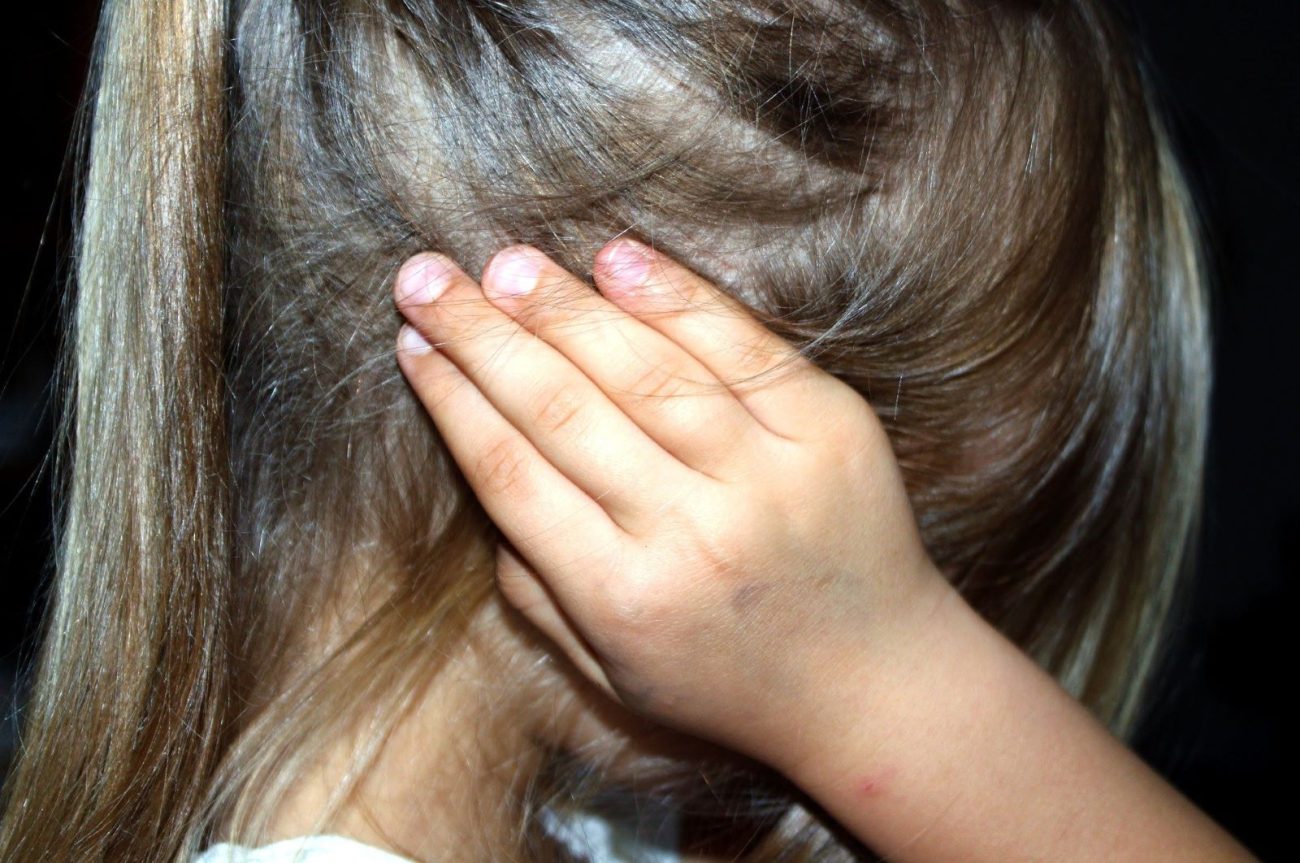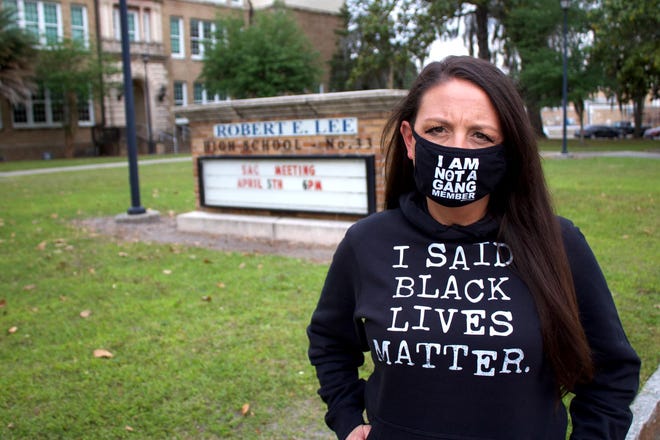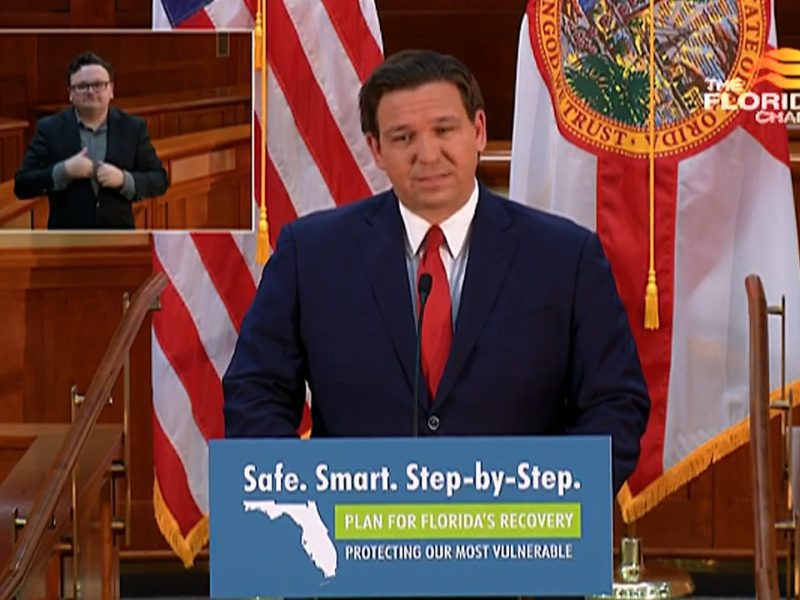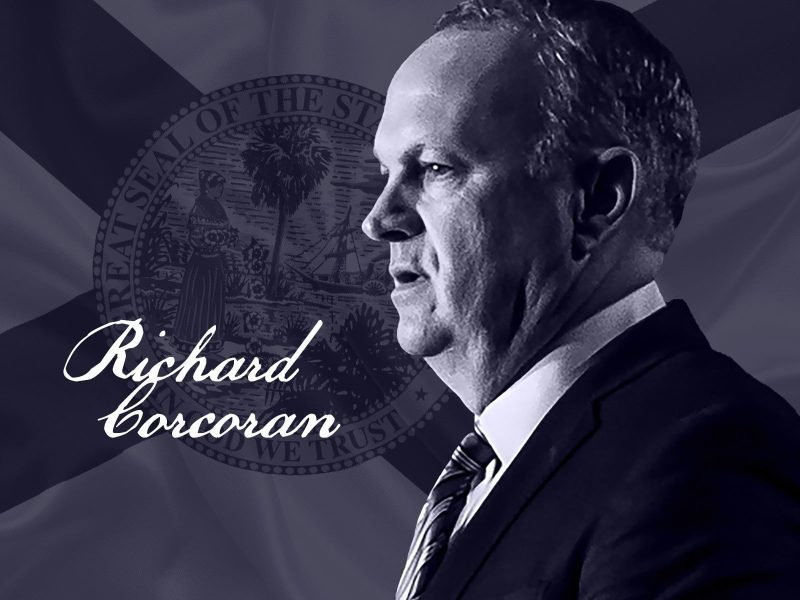Anti-bullying scholarship program offers ‘Hope’ for students — and school choice
The Hill | by Max Eden | November 30, 2020
The politics of school choice will look much different in the post-Trump era. It may be far more difficult for Republican state legislators to find friends across the aisle under the presidency of Joe Biden, who declared as a candidate: “If I’m president, Betsy DeVos’s whole notion, from charter schools to [Title IX reform], are gone.” But conservative state leaders looking to salvage a semblance of bipartisanship — or maintain the moral high ground on a partisan basis — should consider replicating Florida’s Hope Scholarship program.
The Hope Scholarship, signed into law in March 2018, is America’s first and only school choice program dedicated to serving students victims of violence, bullying and abuse. The law stipulates that after an alleged incident, school districts are required to notify parents that their children are eligible to transfer to another public school, to a charter school, or to apply a tuition tax credit scholarship to a participating private school of their choice.
Bill Mattox, a fellow at the Florida-based James Madison Institute, says that when he speaks to legislators in other states, he says, “If you have struggled to get any kind of [school choice] beachhead, I strongly urge you to consider making something like this your first foray,” because “people realize that any kid — in any kind of school — could be horribly mistreated and might need a way out.
The architects of the Hope Scholarship — former Florida House Speaker and current Florida Education Commissioner Richard Corcoran, former state representative and current congressman-elect Byron Donalds, and state Sen. Manny Diaz — executed a strong public relations campaign in the lead-up to the vote. Step Up for Students, a nonprofit that administers Florida’s tuition tax credit programs for low-income students and students with disabilities, encouraged students who participated in those programs because of bullying to testify at the legislative hearings.
One student, Gant Lee, volunteered to do a video promoting the Hope Scholarship. “It was hard to watch, um, my mom trying to do her best,” Gant said, trying to do his best in front of the camera but breaking down into tears. After Gant turned away, his mother, Alyson Hochstedler, hugged him and said, “You’re not that kid anymore.”
Hochstedler described her son’s experience as “a constant battleground. It was: ‘Where is he sitting? Where is the other kid? Where is he in proximity?’” He had been stabbed in the stomach, kneed in the groin, and slammed into lockers. Gant became nervous about entering any new public place, and his doctor diagnosed him with post-traumatic stress disorder. But at his new school, with its stricter anti-bullying policies, Gant has flourished, making friends and excelling academically.
“I was frankly amazed,” Mattox reflected, “that the Florida Education Association and the Southern Poverty Law Center went through on their public testimony [opposing the bill] on the heels of some of these students. When you have compelling stories up against people who are trying to make factual, logical, or legal arguments, the human stories win out.”
Nonetheless, the bill was harshly opposed by Florida’s teachers unions. Anna Fusco, president of the Broward County Teachers Union, objected, “That word — ‘incident’ — could be so minor. Someone could say, ‘A pencil was thrown and hit me.’ That’s not an incident that should justify children leaving our Broward public schools. That costs money; that takes away from our public-school funds.”
Fusco insisted that Broward County Public Schools had “one of the finest bullying and harassment policies out there, that is working,” and that it needs more money to work even better.
Yet a survey that Fusco’s union conducted a year after her testimony told a different story. It showed that more than half of Broward County teachers felt they were in personal danger, and more than three-quarters said student behavior was becoming worse. Teachers told horror stories of administrators’ refusal to issue consequences after students were assaulted.
Unfortunately, school administrators’ refusal to take a hard line against bullying and harassment has become the norm in many school districts, such as Broward, that have implemented “restorative justice” discipline policies. Under those policies, school administrators face pressure from their higher-ups to mete out less discipline; when a student complains that he or she has been harassed or bullied, principals have a strong incentive to let it slide.
As a state representative, Donalds argued that the Hope Scholarship could create a countervailing pressure. If school leaders risk losing students — and the money that comes with them — by allowing serious misbehavior to flourish, they’ll be more likely to clamp down on it.
After two years of implementation, there isn’t much evidence to suggest that the Hope Scholarship has had any systemic effects on public schools for better or worse — not yet, at least. That’s because enrollment has proven only a fraction of what its architects anticipated. In January 2019, after one full semester, the state had expected 7,300 enrollees but had only 60. According to Step Up for Students, that number increased to only 371 by February 2020, shortly before the pandemic hit.
Opinions vary on whether the low enrollment reflects school district refusal to inform parents of their options, or whether it suggests that bullying and abuse severe enough to make students want to leave school is relatively uncommon. But it’s hard to call the program a disappointment when participating parents attest that Hope helped their kids escape “daily torture” and gain a safe distance from students who had vowed to murder them.
While universal education savings accounts still should be the north star of the school choice movement, state legislators looking to gain the moral high ground and move the ball up field should consider following Florida’s lead by providing students who are bullied and abused a path to a more supportive school.
Max Eden is a senior fellow at the Manhattan Institute and the author of a recent issue brief, Florida’s Hope Scholarships for Bullied Students: A Report Card. Follow him on Twitter @maxeden99.
Photo: Pixabay






